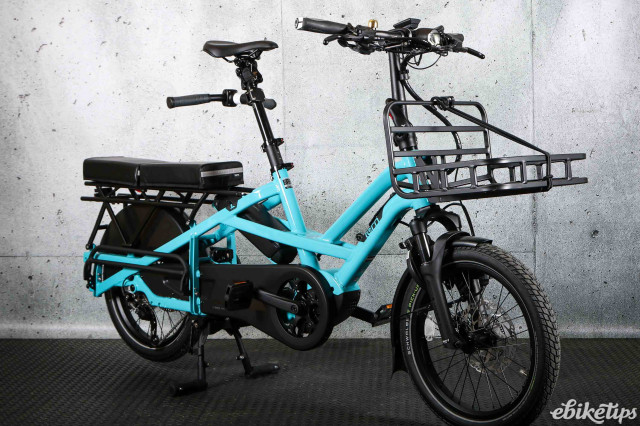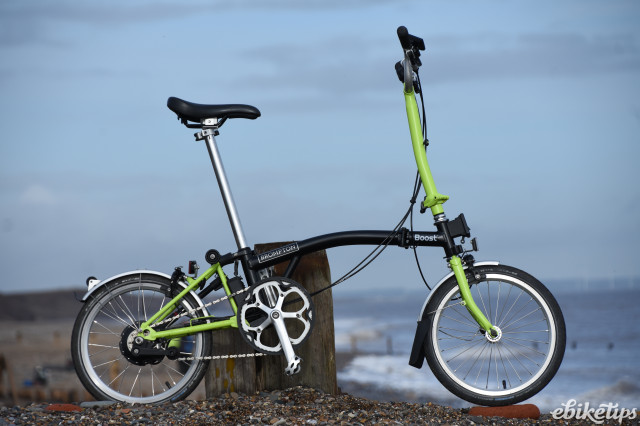Swedish start-up Northvolt has joined forces with Norwegian aluminium and renewable energy company Norsk Hydro to open Europe’s biggest electric vehicle (EV) battery recycling facility. The Hydrovolt plant in the Norwegian town of Fredrikstad can currently process 25,000 batteries a year – the nation’s entire annual requirement – with hopes it can get to 150,000 by 2025.
Hydrovolt chose Norway for the project as it has the most mature electric vehicle market in the world. More than 90 per cent of new sales are now battery-powered.
The recycling process is fully automated and capable of recovering up to 95% of materials used in batteries, including plastics, copper, aluminium and black mass (a powder containing nickel, manganese, cobalt and lithium).
Mechanisms employed include a dust collection system to capture material that would typically be lost during mechanical recycling.
Longer-term, Hydrovolt recognises that the need for recycling is only going to grow. It is therefore aiming to recycle the equivalent of 150,000 EV batteries by 2025 and 500,000 by 2030.
“Norway has been leading the world in adoption of electric vehicles for some years, but what has been missing is recycling capacity to ensure a sustainable solution for those batteries as they reach end-of-life,” said Hydrovolt CEO Peter Qvarfordt.
“Today, Hydrovolt is scaled to handle the entire volume of end-of-life batteries in Norway, but we’re now looking towards expanding to ensure we’re prepared for the higher flows of batteries we know are coming.”
The Financial times reports that the firm is attempting to identify locations for new facilities in Europe’s biggest vehicle markets such as Germany and France.
“It does not make sense to build too big a plant in Norway. It’s an early market but it’s not so big a market. We want to bring the expansion closer to where the big volumes will occur,” said Emma Nehrenheim, Northvolt’s chief environmental officer.
“We see there is a lot of interest from all the manufacturers on the market to get help. As the market is growing and as the volumes go up, I think there will be a significant need for recyclers. The need is tremendous.”





